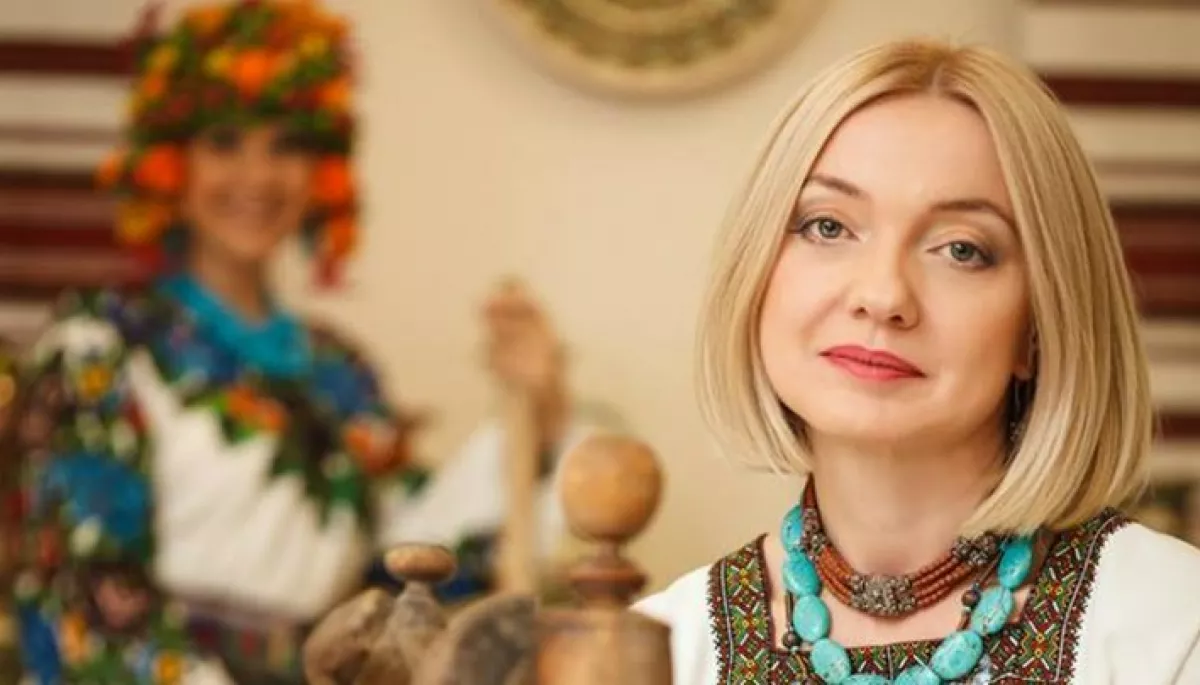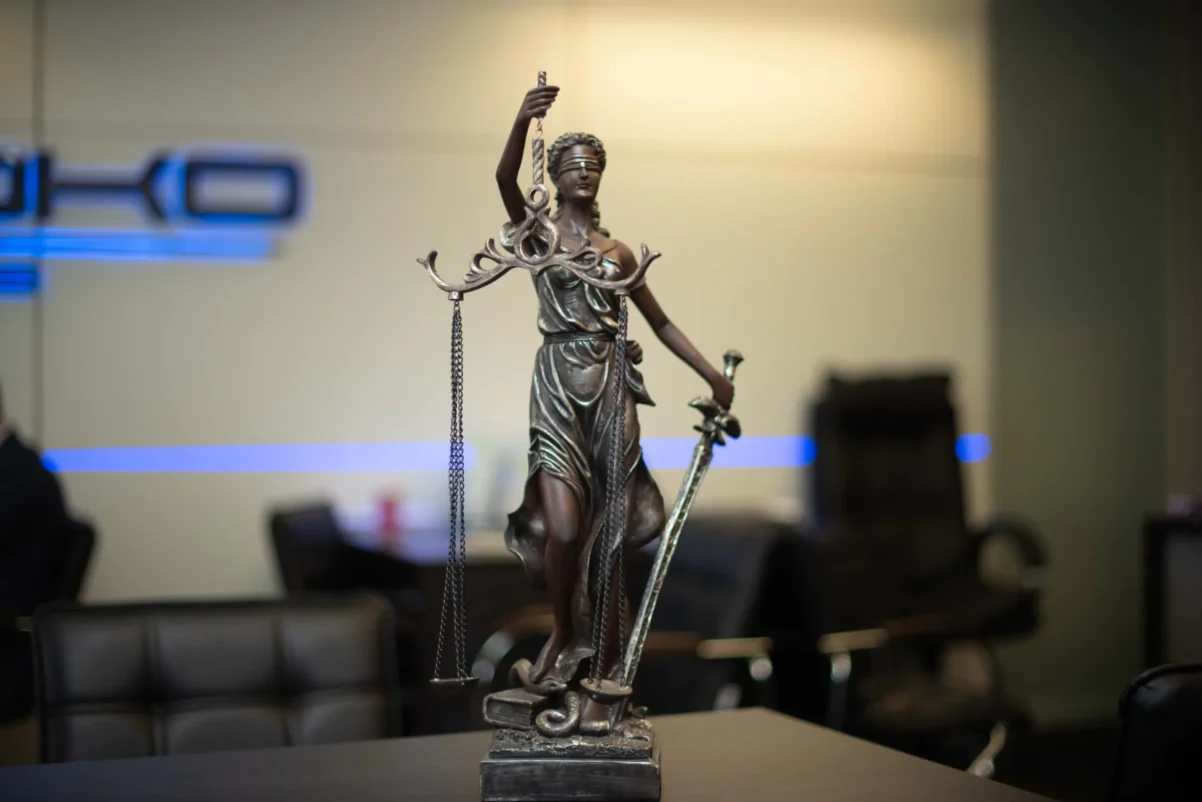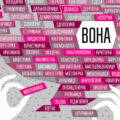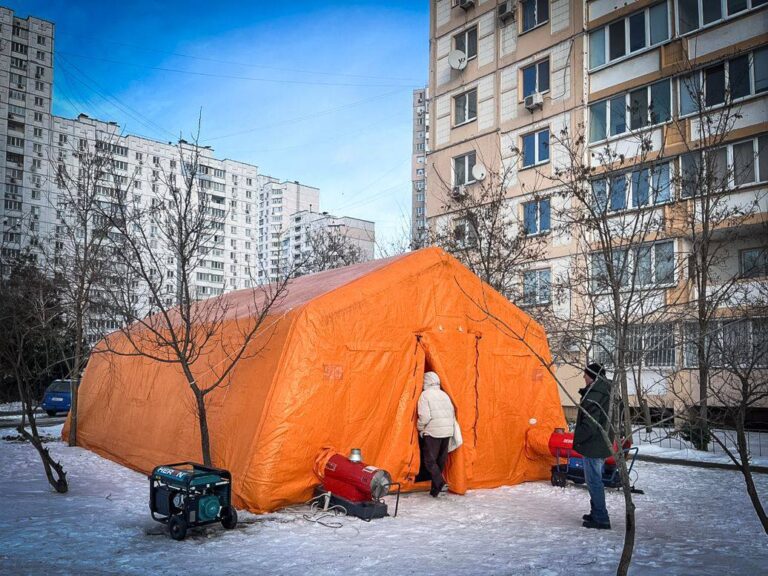
A new language policy in Ukraine: Olena Ivanovska’s vision for the Ukrainian language
On July 17, 2025, the Ukrainian government appointed a new Commissioner for the Protection of the State Language Olena Ivanovska. Her appointment comes at a crucial time: debates over language policy, digital presence, and linguistic rights have never been sharper. In her first interviews, Ivanovska laid out her priorities and articulated a modern vision for Ukrainian language policy one built on confidence, openness, and real-world relevance.
Ivanovska’s central message is about balance:
“Language policy must be confident, but not authoritarian; consistent, but sensitive to context; state-driven, but open to cooperation with civil society.”
She insists this is not a slogan, but a strategy for the real world. In her words, successful policy is “a balance between requirement and support”:
“We must move past the false dichotomy of ‘soft power or pressure’: effective language policy is about balancing expectations with encouragement.”
Eliminating Symbolic Inequality: The Russian Language Issue
Ivanovska openly advocates for removing what she calls “symbolic inequality in legislation” specifically, eliminating any special status for the Russian language:
“This is not about repression, but about restoring fairness in the legal sphere and building a clear state standard.”
She believes policy should create a linguistic environment where Ukrainian is natural, prestigious, and meaningful not just in textbooks, but in schools, at work, and on social media.
Ukrainian in Digital Life and Gaming
A major new priority for Ivanovska’s office: pushing for a strong presence of Ukrainian in video games, digital services, government apps, interfaces, and artificial intelligence.
“Ukrainian must be heard and function everywhere: in your smartphone, in your car, on international platforms. This is not just a matter of convenience it’s about identity and competitiveness.”
She sees integrating Ukrainian into digital products and technologies as both a necessity and an opportunity for identity and innovation.
A Priority: Protecting Language in Occupied Territories
Ivanovska has set a separate focus on defending Ukrainian in temporarily occupied territories:
“We will document linguistic crimes, advocate for legal accountability at both international and national levels, and prepare the groundwork for linguistic reintegration after de-occupation.”
This is about concrete actions gathering evidence, advocating in global forums, and preparing reintegration programs for the future.
Ukrainian Sign Language: A Core Part of Policy
Modern language policy must not ignore the needs of people with hearing disabilities. Ivanovska is committed to the recognition and integration of Ukrainian Sign Language updating legislation (notably Bill No. 2340) and encouraging dialogue across government:
“Recognizing Ukrainian Sign Language is about linguistic equality, dignity, and a modern approach to communication.”
Her office plans systematic efforts to ensure sign language is fully integrated into all spheres of public life.
Mapping Ukrainian Worldwide: Supporting the Diaspora
Ivanovska is also prioritizing Ukrainian language support abroad:
“We will implement a ‘Language Map of Ukrainians Worldwide’ and develop the diaspora’s potential as language ambassadors for Ukraine around the globe.”
She stresses that language connects Ukrainians even thousands of kilometers from home, and that the state will back projects to preserve and develop Ukrainian internationally.
Administrative Cases: It’s About People, Not Numbers
Ivanovska explains that each case of a language law violation is about balancing the law, common sense, and respect:
“It’s not about numbers it’s about people, and about balancing rights, common sense, and respect.”
Her approach is not about creating a “repressive” system, but about protecting every Ukrainian’s right to use their native language.
Who Is Olena Ivanovska?
A doctor of philology and professor at Taras Shevchenko National University of Kyiv, Ivanovska is an author of over 100 scientific publications, with expertise in folklore studies, teaching methodologies, and language policy. She has taught courses on folklore, custom law, and methods of folklore instruction, and she is a prominent public voice on issues of language protection.
Key Takeaways
Olena Ivanovska is introducing a new approach to language policy:
- balancing expectations and support
- expanding Ukrainian in digital space
- integrating sign language
- protecting the language in occupied territories
- supporting the diaspora
- fostering openness and dialogue with society
Language policy in Ukraine is becoming more modern, inclusive, and unifying. The main emphasis is no longer on formal compliance or penalties, but on creating a vibrant, prestigious, and natural environment for Ukrainian everywhere, for everyone.














